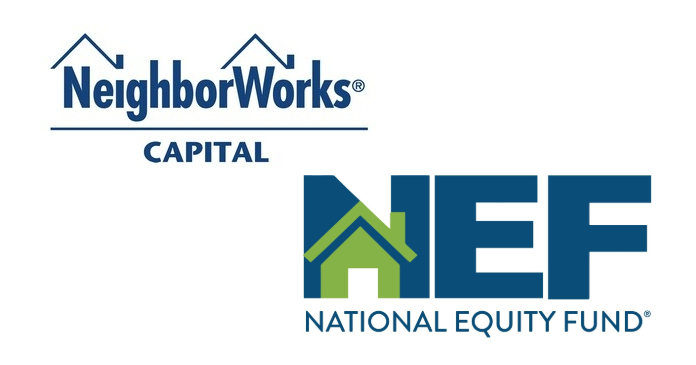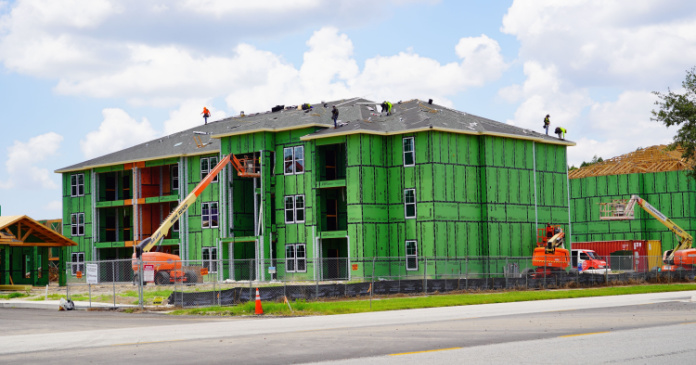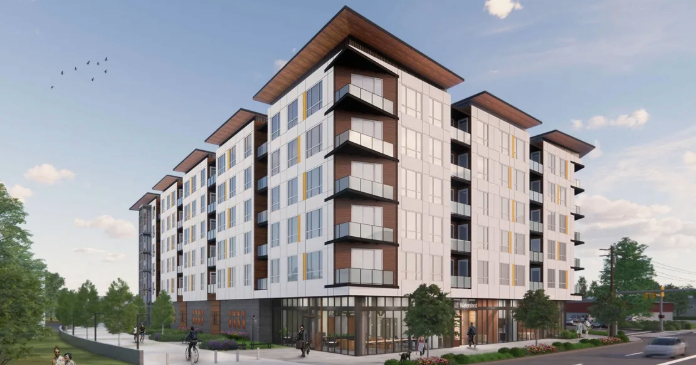We are pleased to see the Administration explicitly recognizing the importance of rental housing in meeting our nation’s housing needs through the Real-Estate Owned (REO) Initiative announced February 1.
We will be analyzing the President’s proposal to ensure that it includes proper oversight and incentives to avoid creating landlords in name only who are not investing in proper maintenance. We would encourage the government to rely on trained, professional management entities to handle these properties. Mismanaging these rentals would make an even bigger mess out of our already struggling housing sector.
Importantly, the President’s proposal underscores our key message that while there might be an oversupply of single-family housing, there is a shortage of rental housing. Demographics and changing lifestyles have led to a structural shift in our nation’s housing preferences to more heavily favor renting. Renters could make up half of all new households this decade, more than seven million new renter households.
Many of these are echo boomers and empty nesters who are looking for the conveniences and amenities of apartments. We should be building approximately 300,000 apartments each year to meet demand, yet last year we started less than 150,000 because of the still impaired credit markets.
Long-term, meeting our nation’s housing needs will require us to restore liquidity to the market through housing finance reform that does not undermine the very successful system that has served the multifamily sector for two decades at a profit to taxpayers and with negligible defaults.
















